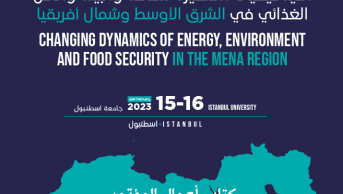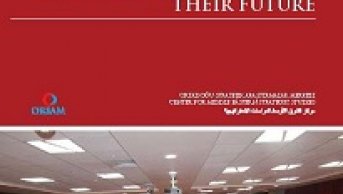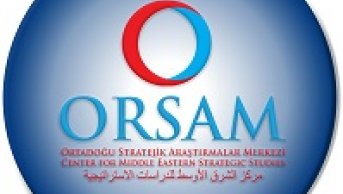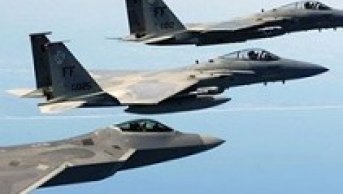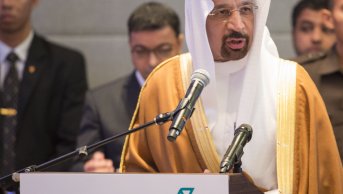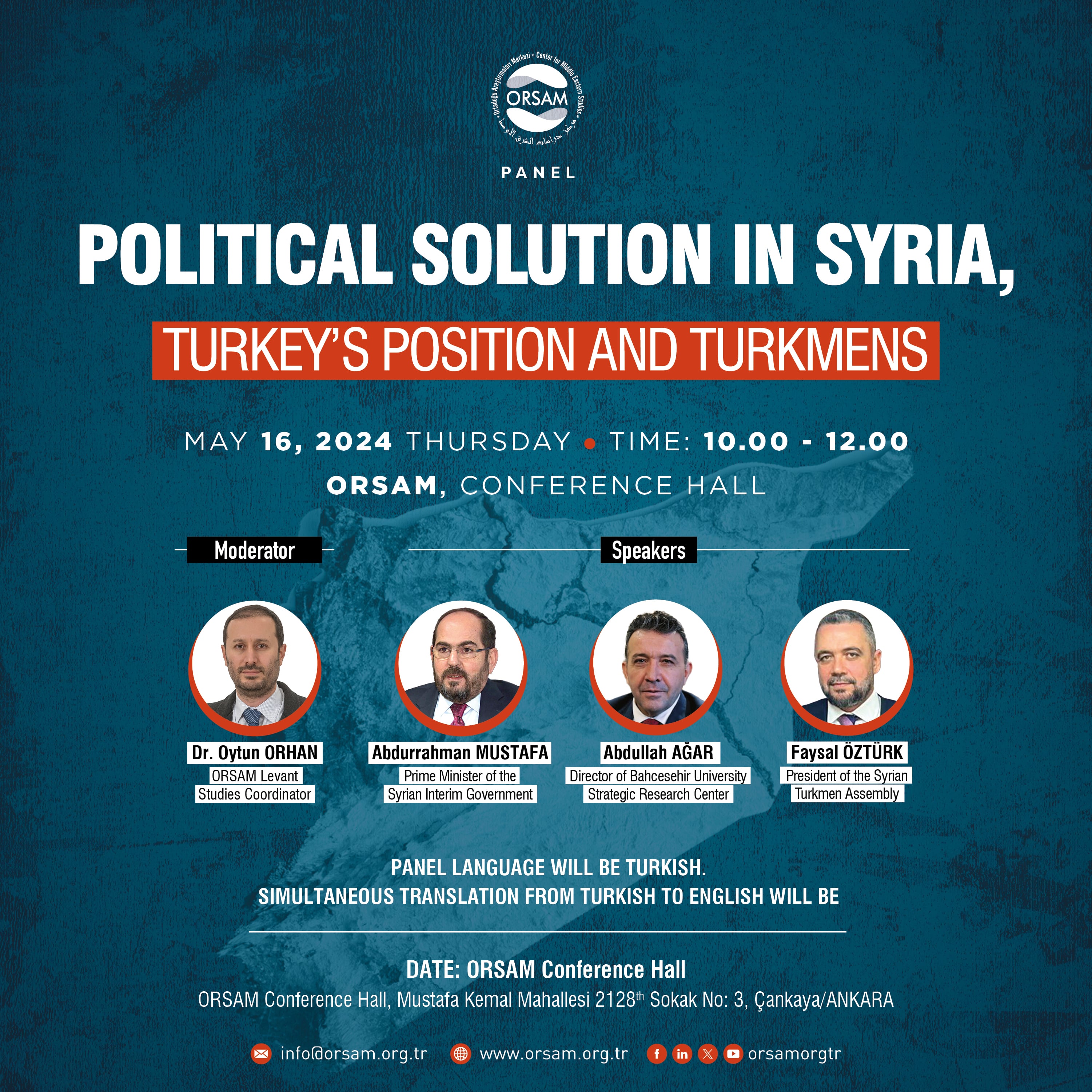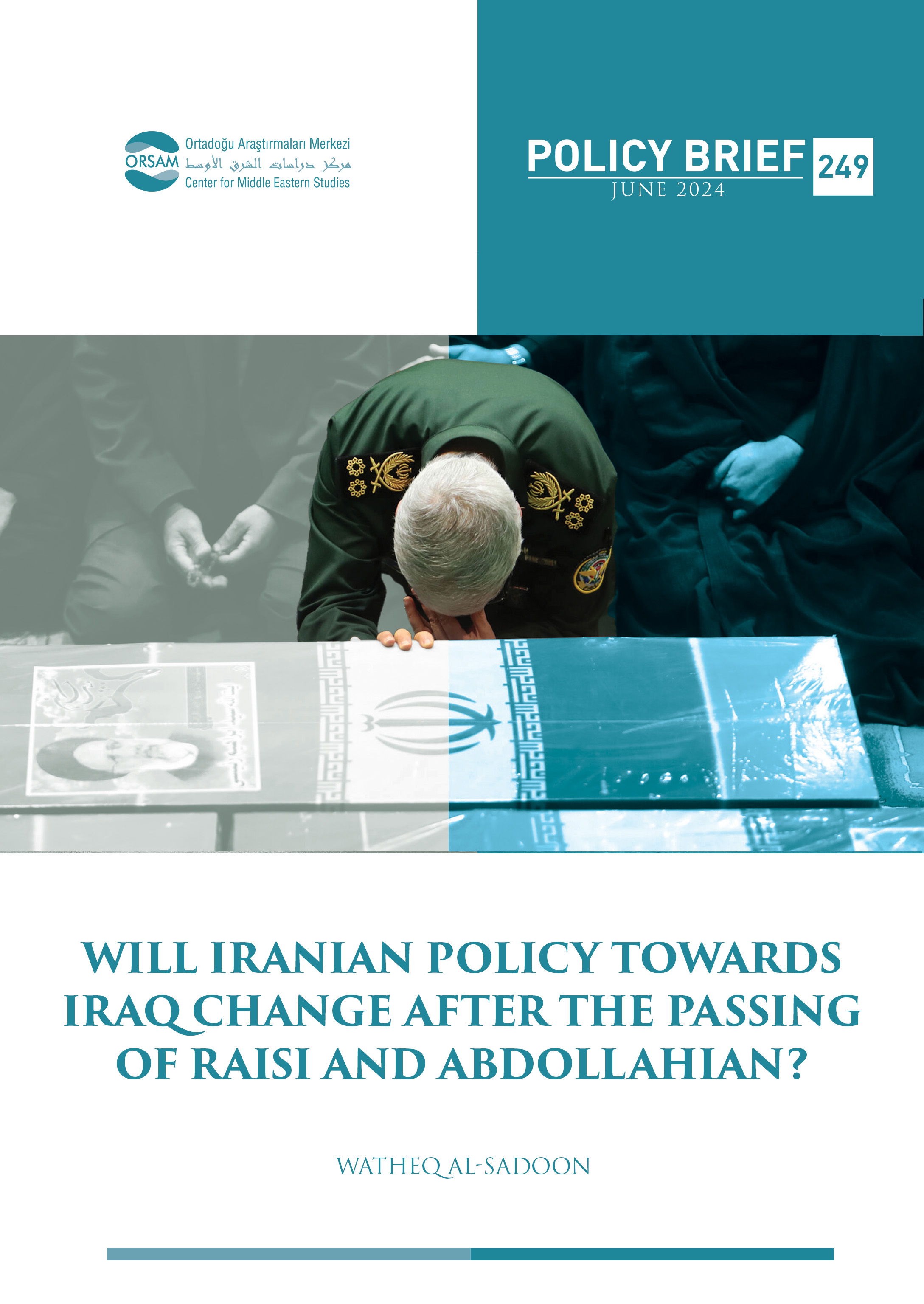Kin Communities of Syria and Turkey Work to Re-establish Bonds

The relationships between the Turkish and Syrian communities along the border that enjoyed a period of renewal following the signing of the 1998 Adana Agreement now face tension and tragedy because of the Syrian civil war, a local in the border town of Şanlıurfa has said.
Abdülkadir Gök, a high school teacher in Şanlıurfa with a degree in sociology, described the positive effect of the normalization of ties that took place between Turkey and Syria after the latter agreed to stop supporting the terrorist Kurdistan Workers’ Party (PKK) in the Adana Agreement.
“There was great joy between 2004 [with the launch of a Syria initiative by the Turkish government] and 2007. They [the Syrians] smiled the moment they heard the name [of President] Abdullah Gül. When you said [Prime Minister Recep] Tayyip Erdoğan, it was ‘alright.’ The new government stance increased the numbers of people crossing the border from both sides,” Gök said. He noted that he was 40 years old when he visited Damascus in 2000 to meet cousins in Syria for the first time. “[I could not go earlier] because of the rigid policy implemented until the 2000s,” he explained.
Gök said that the very real border that has been dividing cities and separating families from each other since World War II is in a way only imaginary in that has not affected the kinship ties between the border communities of Turkey and Syria.
“Syria was established on the other side of the border in 1946. When it became a new nation, the connection between Syria and Turkey were cut, but it was not possible to truly rupture the relationships,” Gök said. Protecting the border, however, gained strategic importance from then on.
“Mines were planted between 1955 and 1958 [on the Turkish-Syrian border]. The minefield is 877 kilometers long and from 500 to 1,000 and even 1,500 meters [wide]. Before the mines were planted, people could cross the border without any difficulty. … [A] new process started with mines and soldiers standing guard every 20 meters along the border. This created a psychological separation,” the teacher stated.
This picture started to change in the 2000s, but this change did not last very long. “Unfortunately, the situation became tragic after the Arab Spring. Currently, crossing the border is quite easy, but unfortunately this reunion [of communities] is taking place because of a tragedy. People are leaving their homes [in Syria] and trying to come here,” Gök explained.
Syrian demographics have changed to a great degree since the onset of the civil war. “The Kurds,” Gök said, “who had moved to the big cities in Syria over the last 10-15 years, have also been affected.”
“Bombs are dropped on cities and so hundreds of thousands of people and their families are migrating, some back to their villages from the cities while others set up tents in empty fields and try to survive. It is also the same in the Arab and Turkish districts. There is a huge flow of migration into the urbanized [Syrian] settlements we call Afrin, Kobani, Ceylanpipar, Al-Qamishli and Al-Hasekah,” he continued.
Gök also claimed that contrary to popular belief, the Kurds do not have a strong presence in the northwestern region of Syria, known as Syria’s Kurdish region. He maintained that they feel threatened by the consequences of the presence of the Free Syrian Army (FSA) in the region after the possible departure of Syrian President Bashar al-Assad. “They wonder what their status will be if Assad leaves power,” he stated.
The official number of Syrians who have crossed the border into Turkey is more than 200,000. “But I do not believe that it is less than 500,000 people. Since the Turkish government has applied a strict policy in terms of [refugee] border crossings, people can go across on a daily basis. As a matter of fact, people have appeared who now offer daily services to transport people across for money,” Gök added.
He also noted that it is impossible for the Turkish government to care for all Syrian refugees and that nongovernmental organizations should assume greater responsibility.
Are things returning to normal in Reyhanlı?
Twin bomb attacks in the Turkish province of Hatay’s Reyhanlı district last month took the lives of 52 people. There is still a great deal of speculation as to who the perpetrators were and whether the state authorities were negligent in failing to prevent the attacks. Turkey has blamed the Syrian regime for the bombings but Damascus has denied any role in the attacks.
Despite the denial, some minor existing tension between the Turkish residents of Reyhanlı and the Syrian refugees due to the pressures caused by the large number of new arrivals on the local economy escalated following the bombings. Some small fights were common between the Syrians and Reyhanlı locals before the tragic event, but the recent attacks have added greatly to anger directed at the Syrian refugees.
Some Syrian refugees claim that now, a few weeks after the event, things are returning to normal. Erdoğan visited the town on May 25 and encouraged the Reyhanlı residents to embrace the Syrian refugees.
Munise, a Syrian mother of three from Idlib who works as an agricultural laborer in Hatay, said: “We could not go to work or the grocery store for three weeks. We sent our 15-year-old son out to the grocery store for bread; he ran to the store, bought bread and then immediately came back. We do not earn a sufficient income [to live off of]. We have run out of money for rent, electricity, water bills and gas. The prime minister made us feel better. The people in Reyhanlı now give us moral support. Our neighbors try to comfort us. We are relieved, if just a little.”

